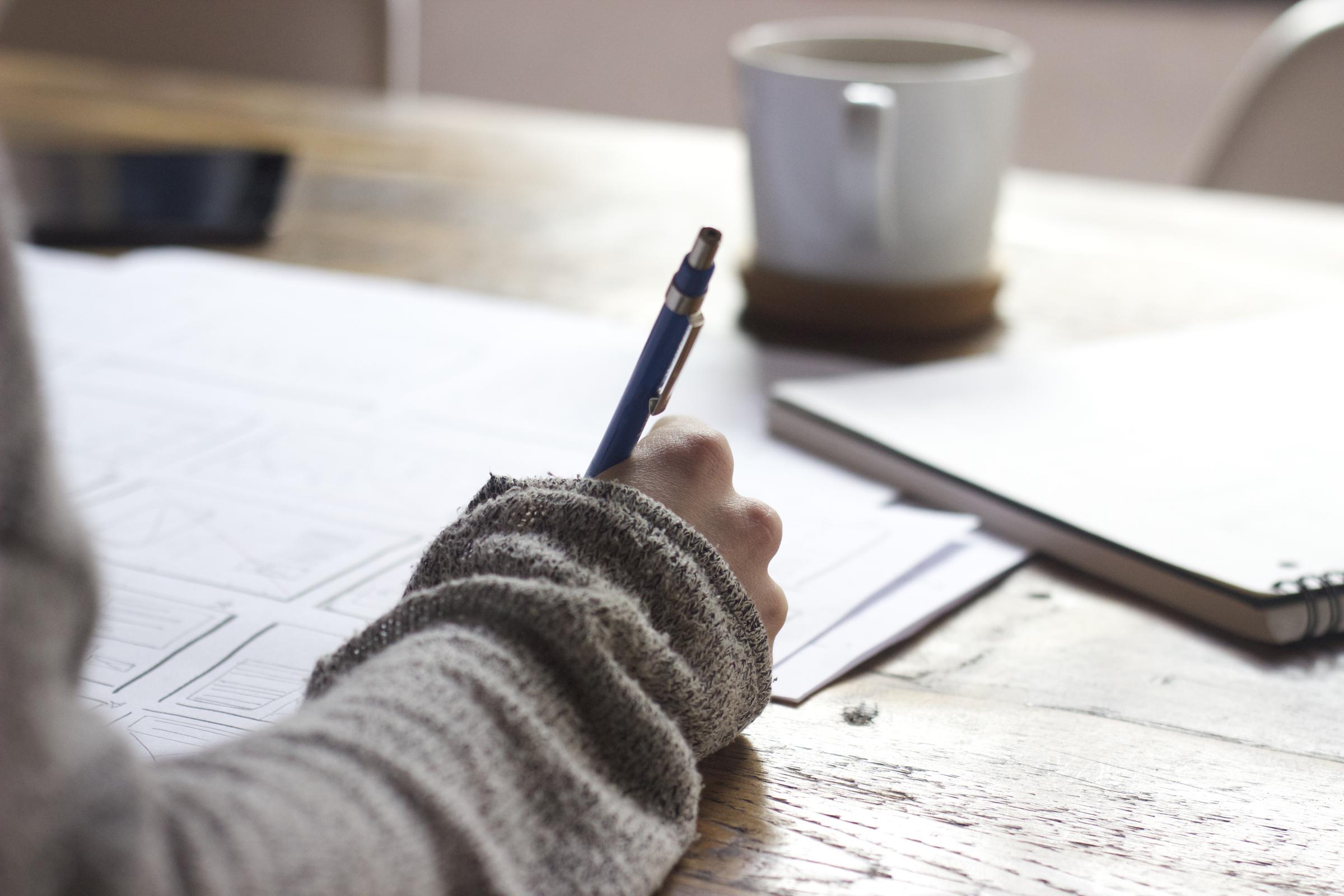Personal Skills

You can find previous personal skills information in these issues:
Issue 5
Life maps – Why do you need one?
Issue 3
Why you should set goals
How to be safe, smart, and mindful online
The internet is a powerful tool. It’s how we keep in touch, learn new things, find inspiration, and build communities. As a teenager, it’s likely that your online life is closely connected to your real-life experiences — your friendships, your hobbies, even how you present yourself to the world. That’s why being mindful about what you do online is more important than ever.
Why it matters
Every post, photo, comment, or like contributes to your digital footprint - a record of your activity that can last much longer than you might expect. While you might see your online presence as something casual or temporary, others (including potential employers, schools, and even strangers) may use it to form an opinion about who you are.
Sometimes the consequences are small, like an awkward moment with a friend or having to explain a joke that didn’t land. But in other cases, a single post can lead to real damage: lost opportunities, broken friendships, or even legal trouble.Online behaviour can also affect your mental health. Being involved in arguments, comparing yourself constantly to others, or being targeted by trolls or bullies can lead to stress, anxiety, and low self-esteem.
But there’s good news too.
When used well, your digital presence can open doors. A thoughtful online profile can show off your interests, passions, creativity, and character. Whether you’re posting art, starting a side project, promoting a cause you care about, or just supporting others online, you have the opportunity to build a reputation that reflects who you want to become, not just who you are right now.
Tips for being a responsible digital citizen
So how do you strike the balance between being real and being responsible? That’s where digital citizenship comes in.
Think before you post
Before sharing anything - a photo, a comment, or even a like - ask yourself:
- Would I be okay if this was seen by my family, teachers, or future employer?
- Could this be misunderstood, even if I meant it as a joke?
- Is it true, kind, and necessary?
If you’re unsure, trust your instincts and hold off. You can always choose to post later, but you can’t always take it back once it’s out there.
Protect your personal information
Not everything needs to be public. Avoid posting your full name, home address, school details, phone number, or financial info online, even in private chats. Scammers and identity thieves often look for this kind of data to target people.
Make sure your privacy settings are up to date, and be cautious about accepting friend or follow requests from people you don’t know in real life.
Be kind - always
Online platforms can make it easier to say things we wouldn’t say face-to-face. But words still hurt. Cyberbullying can leave long-term emotional scars; for the target and the person doing the bullying.
If you wouldn’t say it to someone in person, don’t say it online. If you see bullying happening, don’t join in, and if it’s safe to do so, support the person being targeted or report the behaviour to the platform or a trusted adult.
Respect other people’s boundaries
Not everyone wants their photo shared, even if they’re your best friend or the moment was fun. Always ask for permission before posting pictures or videos of someone else, especially if it shows them in a private setting or doing something personal.
And if someone asks you to remove something you’ve posted about them, respect that.
Curate your online presence
It’s okay to clean up your profile from time to time. You’re growing and changing, and what felt funny or harmless a year ago might not reflect who you are now.
Review your old posts and remove anything that doesn’t feel right anymore. You’re allowed to grow out of old ideas, jokes, or trends, and curating your online presence doesn’t make you fake, it makes you intentional.
Be aware of how online time affects your wellbeing
Notice how you feel after being online. Are you energised? Inspired? Or do you feel drained, anxious, or like you’re missing out?
If social media is having a negative effect on your mood, it’s okay to take a break. Mute or unfollow accounts that make you feel bad about yourself, and focus on ones that build you up or bring you joy.
You’re in control of what you consume online; don’t let it control you.
Know how to get help if things go wrong
We all make mistakes, and sometimes things happen online that are out of your control. If you’re being harassed, feel unsafe, or regret something you’ve posted:
- Talk to a trusted adult — this could be a parent, teacher, school counsellor, or family friend.
- Visit eSafety for advice and support tailored to young people.
- Contact services like Kids Helpline (1800 55 1800) or Lifeline (13 11 14) if you’re struggling with something that’s happened online and need someone to talk to.
Act quickly, but don’t panic. There’s help available, and you’re not alone.
Do you have work to do?
Being online isn’t just a part of life anymore; for most of us, it’s where a big chunk of life happens. Whether you’re scrolling, posting, messaging, or gaming, your choices add up.
Being mindful of what you share, how you treat others, and how you take care of yourself online can protect you from harm, open up future opportunities, and help you build a digital reputation you’re proud of.